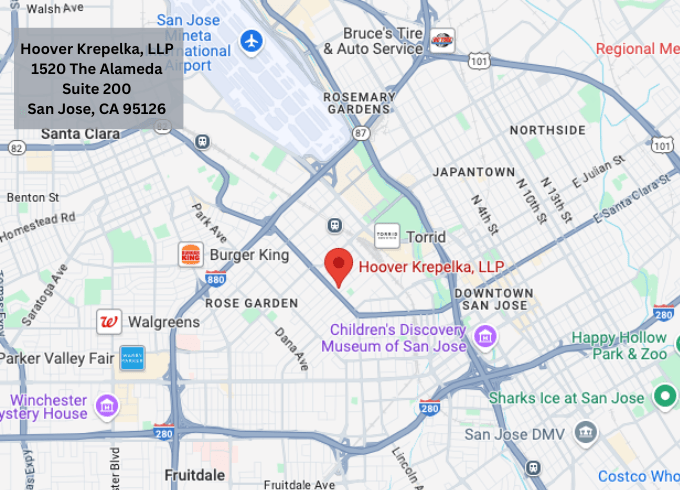When you have a child who is walking and talking or who has just started school, one thing you may not expect is for them to throw a tantrum. Unfortunately, with how much their lives can change with a divorce and custody-related changes, it’s completely normal for a child who is four, five or even six to throw a tantrum during pick-up or drop-off times.
Tantrums at this age are an expression of anger or frustration, but they may also be a way for a child to try to exert control over a situation in which they have none. Parents dealing with this problem may think that their custody arrangements need to change. While that’s a possibility, it’s also possible that your child is just going through a natural transition and needs direction.
How do you handle tantrums during custody transitions?
One of the things to do when your child starts throwing tantrums is to set an expectation. You and the other parent should be on the same page with this. For example, if your child has a tantrum, you and the other parent may, together or separately, explain what you expect. You may state that you expect your child to be polite. You might say that you expect them not to scream or hit. Explaining what they’re doing that you do not want them to do is better than just telling them to “be good.”
Since divorces tend to lead to emotional overloads for kids, it may also be a good idea to work on finding distractions or better ways to channel that negative tantrum energy. Some good outlets could be to show your child how to express themselves with words or to draw a picture when they can’t express why they’re upset.
Don’t reinforce tantrums, and make sure that you and the other parent are being respectful of each other during these transitions. Show your child the behavior that you want to see, and you may find that their tantrums begin to go away pretty quickly.
If they continue to have behavioral issues and you suspect there is something else causing them to be upset, you may want to look into booking an appointment with a child psychologist or changing your custody arrangements.






